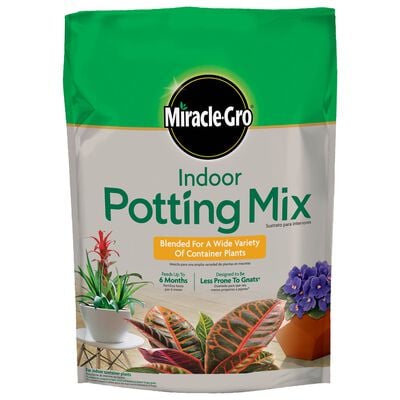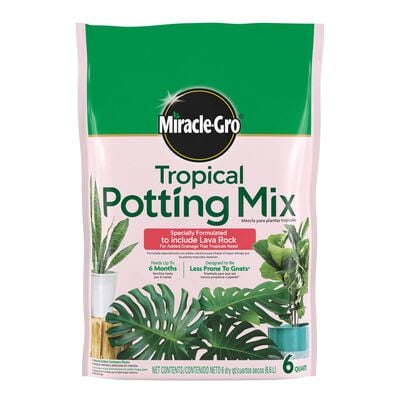
Benefits of Houseplants
Houseplants always make you feel good.
What We've Learned in Space about Air in Small Areas
Wouldn't you like to breathe cleaner air? You can - at least inside your home - by growing houseplants. But don't take our word for it. The National Aeronautics and Space Administration (NASA) did research to evaluate the beneficial effects of houseplants in manned space operations. They found that common houseplants can improve indoor air quality by purifying the air.
What Works in Space Works at Home
True, plants absorb carbon dioxide and produce oxygen, but that's not all. Research has shown that houseplants can remove up to 87% of indoor air pollutants through their natural recycling of the air around them. Building materials, fabrics, paint, cosmetics and other common household items can pollute your air with benzene, formaldehyde and other chemicals. Those toxins can cause allergic reactions, sickness and fatigue in humans.

Which Plants Work Best?
NASA recommends one plant per 100 square feet of living area for optimum filtering effect. Having even a few houseplants can improve your home air quality significantly - especially if you concentrate them in areas where you spend the most time, such as the family room. Plants found to be particularly effective in removing air pollutants include palms, peace lily, spider plant, dracaenas, pothos, snake plant, Chinese evergreen, and English ivy.

Healthy Plants, Healthy Air
Larger, vigorously growing plants are more effective in cleansing the air. Start your houseplants out right and keep them growing strong by planting them in Miracle-Gro® Indoor Potting Mix, watering properly, and feeding them regularly with Miracle-Gro® Indoor Plant Food (following label directions, of course). Simply apply the recommended number of pumps to the soil surface and water in.

